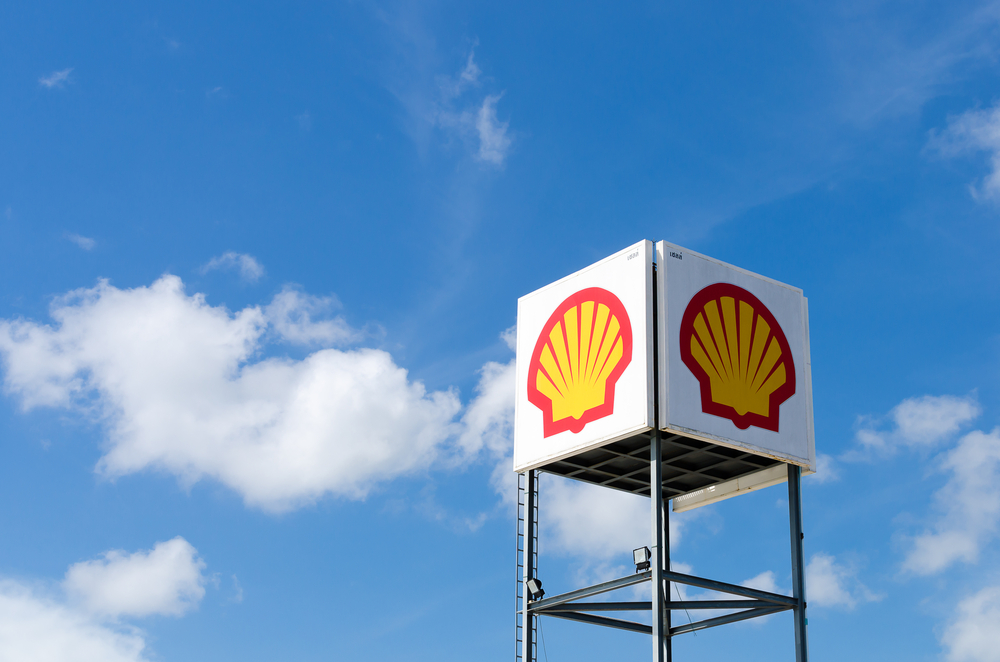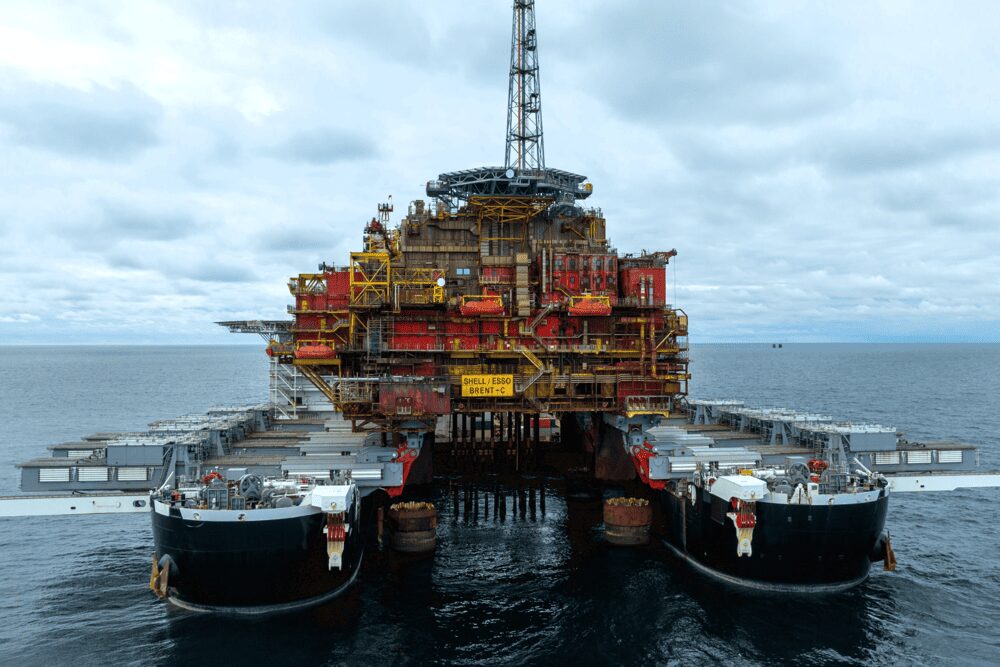
Royal Dutch Shell has today revealed its strategy to accelerate the company’s transformation into a provider of net-zero emissions energy products and services. Shell states that a disciplined cash allocation framework and rigorous approach to driving down carbon emissions will deliver value for shareholders, customers and wider society. It also confirmed the estimate that total carbon emissions for the company peaked in 2018 and oil production peaked in 2019.
CEO of Shell, Ben van Beurden said the accelerated strategy will drive down carbon emissions and will deliver value for all stakeholders.
“We must give our customers the products and services they want and need – products that have the lowest environmental impact. At the same time, we will use our established strengths to build on our competitive portfolio as we make the transition to be a net-zero emissions business in step with society.”
“We will use our global scale and trusted brand to grow in markets where demand for cleaner products and services is strongest, delivering more predictable cash flows and generating higher returns,” he said.
From today, Shell is integrating its ambitions under the goals of Powering Progress which supports the most ambitious goal of the Paris Agreement on climate change to limit the global temperature rise to 1.5° Celsius.
To achieve net-zero, Shell:
- Will continue with short-term targets that will drive down carbon emissions as the company makes progress towards its 2050 target, linked to the remuneration of more than 16,500 staff. This includes a new set of targets to reduce their net carbon intensity: 6-8 per cent by 2023, 20 per cent by 2030, 45 per cent by 2035 and 100 per cent by 2050, using a baseline of 2016;
- Expects that its total carbon emissions peaked in 2018 at 1.7 gigatonnes per annum;
- Confirms that its total oil production peaked in 2019;
- Will seek to have access to an additional 25 million tonnes a year of carbon, capture and storage (CCS) capacity by 2035. Currently, three key CCS projects of which Shell is a part, Quest in Canada (in operation), Northern Lights in Norway (sanctioned) and Porthos in The Netherlands (planned), will total around 4.5 million tonnes of capacity;
- Aims to use nature-based solutions (NBS), in line with the philosophy of avoid, reduce and only then mitigate, to offset emissions of around 120 million tonnes a year by 2030, with those it uses being of the highest independently verified quality;
- Will work with the Science-Based Targets Initiative, Transition Pathway Initiative and others to develop standards for the industry and align with those standards;
- Starting at the 2021 AGM, submit an Energy Transition Plan for an advisory vote to shareholders, the first in the sector to do so. The company will update that plan every three years and seek an advisory vote on the progress made each year.
OGUK Sustainability Director, Mike Tholen, said it is an exciting time for the oil and gas industry as companies demonstrate how the sector is transforming to meet the clean energy challenge, putting their expertise to work, as other companies are also doing, to help achieve climate goals in the UK.
“Now is the time to develop a sustainable future. By reducing the carbon impact of oil and gas as we invest in low carbon technologies, we can unlock a homegrown move towards net-zero which maintains consumer affordability, promotes our world-class supply chain and protects jobs and the energy communities we support,” he said.








